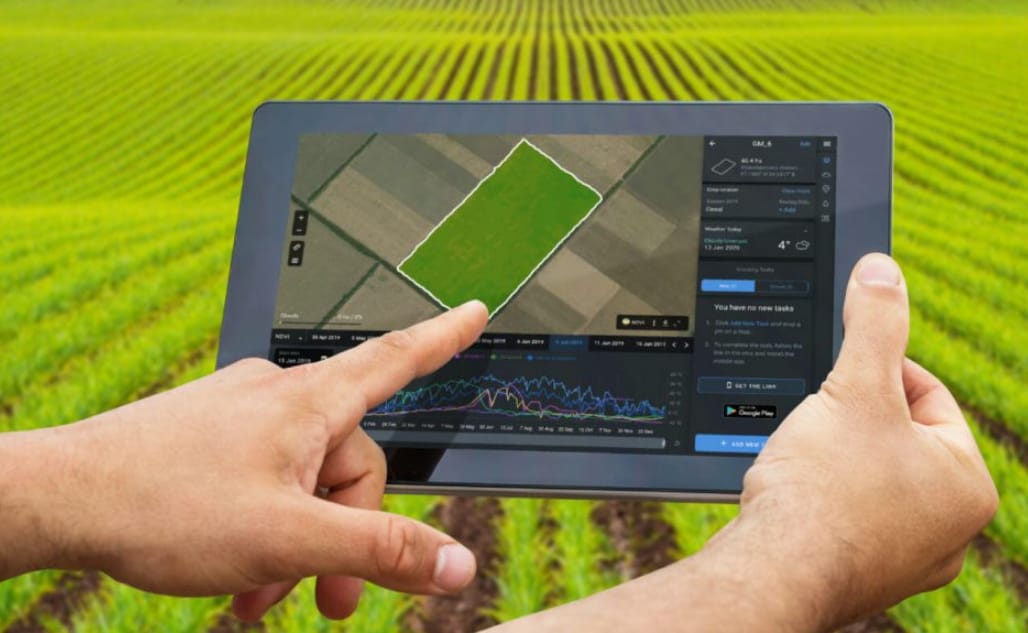In the evolving landscape of agriculture, the quest for efficiency, sustainability, and profitability is unending. Among the myriad of tools and methodologies at a farmer’s disposal, the crop management system and crop management software stand out as critical components for modern farming success. This post demystifies these options, guiding you on which might be the ideal fit for your agricultural endeavors.
Understanding the Basics
At the core of any agricultural operation lies the need for an effective management strategy. Crop management systems provide a holistic approach, encompassing the principles and practices necessary to manage crop production, including soil management, seed selection, planting, pest control, and harvest. On the other hand, crop management software leverages technology to streamline these processes, offering digital tools for planning, monitoring, and analyzing farm operations.
The Details Matter: Crop Management System
The traditional approach to farming through a crop management system has its roots in agronomy, ecology, and agricultural science. It focuses on optimizing and balancing the various components of crop production to achieve high yields and sustainable farming practices. This system is comprehensive, yet the complexity and effort required to manually manage and adapt can be significant. It relies heavily on the farmer’s expertise, intuition, and experience to make informed decisions.
Embracing Technology: Crop Management Software
In contrast, crop management software proposes a solution to the significant labor and complexity of traditional systems. Through data analytics, GPS technology, and real-time monitoring, this software simplifies decision-making processes. Farmers can access detailed insights about their crop’s health, soil moisture levels, weather predictions, and more, with just a few clicks. The adoption of such technology has proven to boost efficiency, productivity, and profitability, backed by actionable data and automated tasks.
Making the Right Choice
The decision between implementing a crop management system or crop management software hinges on several factors, such as the scale of the operation, the farmer’s tech-savviness, and the initial investment capabilities. Smaller, traditional farms may benefit from the hands-on approach of a crop management system, relishing in the direct interaction with their land and crops. Conversely, larger operations or those looking to scale might find the automation and precision of crop management software invaluable.
In the rapidly advancing world of agriculture, the choice between a crop management system and crop management software is not necessarily binary. Many successful farmers integrate both approaches, leveraging the comprehensive knowledge and principles of effective crop management while embracing the efficiency and data-driven insights provided by modern software. Ultimately, the right choice depends on your operational goals, resource availability, and willingness to adopt new technologies. In navigating this decision, remember that the goal is to enhance productivity, sustainability, and profitability, ensuring the long-term success of your farming endeavors.
